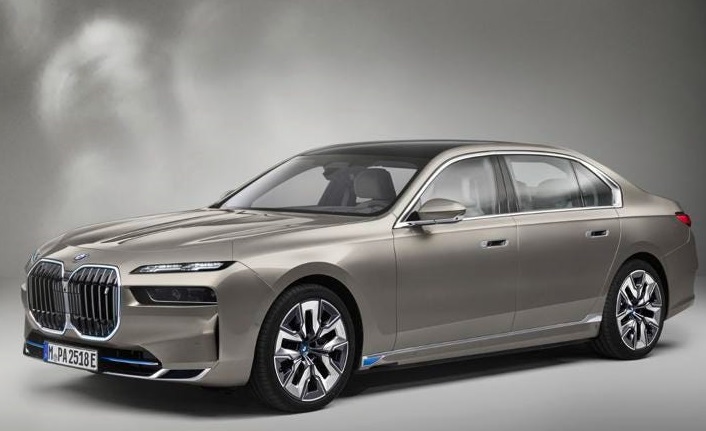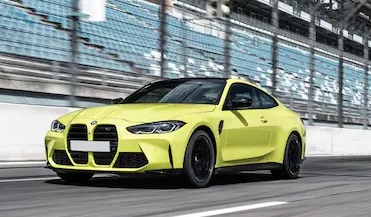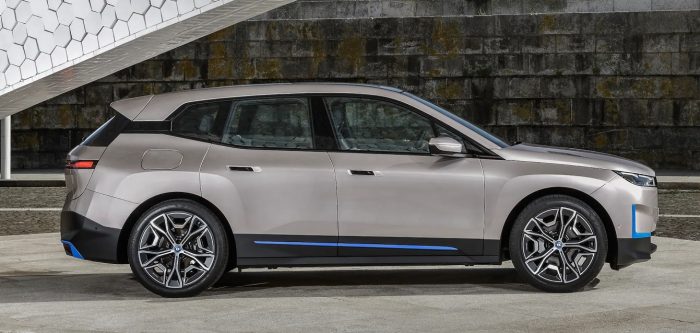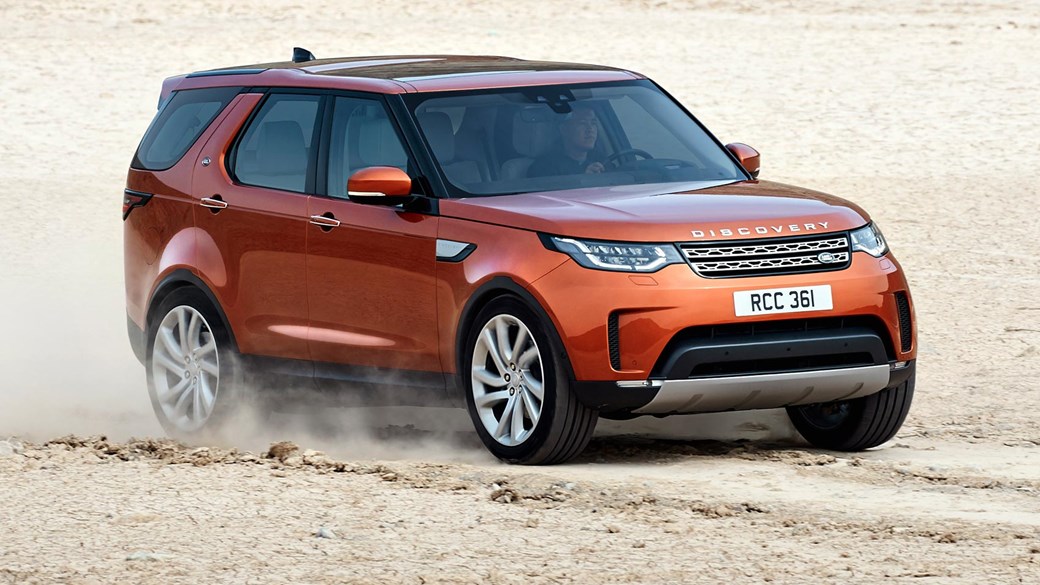Now Reading: BMW and Daimler to slash emissions 20% this year
-
01
BMW and Daimler to slash emissions 20% this year
BMW and Daimler to slash emissions 20% this year

New electric models are going to encourage BMW and Daimler cut emissions from the vehicles they sell by an average of 20% this year, the German automakers predicts, as they look forward to meeting tough new European pollution rules.
In a live-streamed event, after the cancellation of Geneva motor show because to the coronavirus epidemic, BMW presented the i4 four-door coupe with a driving range of up to 600 kilometers, among number of new electric models it hopes will encourage demand for battery-driven cars.
In another webcast, Mercedes-Benz owner Daimler was also bullish regarding prospects for its increasing range of electric cars.
The European Union set automakers a target to slash carbon dioxide (CO2) emissions by 40% between 2007 and 2021, and has demanded additional 37.5% decline by 2030.
But pollution levels from cars have been increasing as customers increasingly prefer buying gas-guzzling sport-utility vehicles (SUV), meaning automakers need to increase sales of electric cars if they are to avoid hefty fines from 2021.
They have a lot to do. Average fleet emissions for cars in Europe increased for the third year in a row in the last year, with electric vehicles comprising only 6% of overall registrations, analysts at JATO Dynamics stated on Tuesday.
BMW already has 500,000 electric and hybrid cars on the road and preparations to double that number by the end of 2020, including through the release of the i4 and an iX3 SUV as well as an electric version of its Mini.
Sales of battery electric and hybrid vehicles already increased 43% so far this year, BMW Chief Executive Oliver Zipse stated.
“We believe that we can keep the impact on profits under control,” he added, vowing that every car sold would make a profit.
Electric cars are normally more costly to create than petrol or diesel-powered vehicles. But BMW stated it was saving money, including by postponing the development of a next-generation Mini, to free up resources for the electric campaign.
“If a vehicle architecture does not need to be renewed, then we do not do it,” Zipse stated, adding the Mini was being renewed constantly by updating the powertrain and infotainment options. About 7,000 electric Mini’s have been ordered so far, he said.
Daimler, meanwhile, is promoting hybrid cars such as a new CLA Shooting Brake, along with the Mercedes-Benz EQC electric SUV and an electric van, the V-class, as part of its drive to decrease emissions by 20% this year.
“We are within striking distance of meeting the target,” stated CEO Ola Kaellenius. Mercedes-Benz plans to construct 50,000 EQC vehicles this year.
Kaellenius refused to discuss about the profitability of electric vehicles. “We don’t communicate individual margins. Electrification is a headwind,” he stated.
Other than that, Volkswagen declared the launch of the ID4, a fully electric SUV with an operating range of up to 500 kilometers. It will go on sale in Europe, China and the United States, and start production in 2020.
Stay Informed With the Latest & Most Important News
Previous Post
Next Post
-
 01Polestar Boss Says It’s Time To Outrun BMW M And Mercedes-AMG
01Polestar Boss Says It’s Time To Outrun BMW M And Mercedes-AMG -
 02Spy Shots: 2027 Mitsubishi Pajero Spotted in Testing Ahead of Possible U.S. Return
02Spy Shots: 2027 Mitsubishi Pajero Spotted in Testing Ahead of Possible U.S. Return -
 032026 Toyota Hilux EV: A Powerful Truck with Silent Torque
032026 Toyota Hilux EV: A Powerful Truck with Silent Torque -
![2027 Mercedes-Benz S-Class Debuts with V8 Engine [Photo Gallery]](https://speedlux.com/wp-content/uploads/2026/01/2027-Mercedes-Benz-S-Class-33-155x125.jpg) 042027 Mercedes-Benz S-Class Debuts with V8 Engine [Photo Gallery]
042027 Mercedes-Benz S-Class Debuts with V8 Engine [Photo Gallery] -
 052026 Corvette ZR1 Production Surges Past Expectations as Output Clears 1,000 Units
052026 Corvette ZR1 Production Surges Past Expectations as Output Clears 1,000 Units -
 06Spy Photos: VW ID. Polo GTI Goes Electric with 223 HP and 280 Miles of Range
06Spy Photos: VW ID. Polo GTI Goes Electric with 223 HP and 280 Miles of Range -
 07Hyundai Palisade’s Breakout Year Shows How Quickly the Market Can Turn
07Hyundai Palisade’s Breakout Year Shows How Quickly the Market Can Turn



![2027 Mercedes-Benz S-Class Debuts with V8 Engine [Photo Gallery]](https://speedlux.com/wp-content/uploads/2026/01/2027-Mercedes-Benz-S-Class-33-700x394.jpg)












































